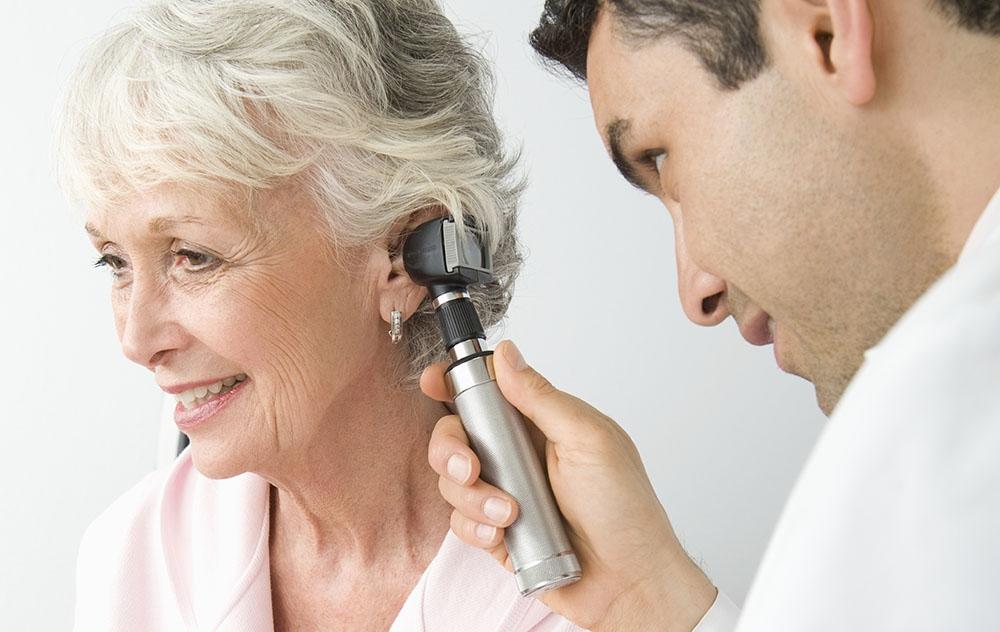Health
A Complete Guide to Hearing Tests for Optimal Ear Health

Hearing is one of the most essential senses for human beings. Through the ears, humans receive information and communication, and hearing plays a vital role in daily life. However, hearing loss is becoming increasingly common in society, affecting people of all ages. That issue highlights the importance of having regular hearing tests to maintain optimal ear health.
A hearing test, or an audiogram, is a diagnostic examination that checks an individual’s ability to hear sounds at different frequencies. It entails diverse techniques that help evaluate hearing problems and conditions associated with the ears. A hearing test involves a series of tests to check for any hearing loss, its probable causes, and possible solutions.
Several types of hearing tests are available, and knowing what to expect makes the process more comfortable and less intimidating. Here are some common hearing tests people can expect during their hearing evaluation.
Table of Contents
Pure-Tone Audiometry Test
A pure-tone audiometry test assesses an individual’s hearing range and sensitivity to different frequencies. It involves wearing headphones, listening to sounds at different volumes and frequencies, and responding when the sound is heard. The results are recorded on a chart called an audiogram, which shows the softest sounds a person can hear. When looking for a comprehensive hearing test near you, ensure this particular test is included in the hearing evaluation.
Speech Audiometry Test
The speech audiometry test measures how well a person understands and comprehends speech. The patient will be asked to repeat simple words or sentences spoken at different volumes during the test. The results of this particular hearing test determine whether a person has difficulty understanding speech in noisy environments.
Tympanometry Test
Tympanometry tests assesse the functioning of the middle ear and checks for any issues with the eardrum or problems with the bones that conduct sound. The test involves using a probe placed in the ear, creating changes in air pressure to test the eardrum’s movement. Certain factors increase the susceptibility to hearing loss, and people who fall into such categories should have regular hearing tests. These categories are listed below.
- Family History of Hearing Loss. Hearing loss can run in families, and individuals with a family history of hearing problems should have regular hearing tests to monitor potential hearing loss.
- Age. As people age, their hearing ability tends to decrease, and they may experience a decline in hearing sensitivity. For this reason, experts recommend having a hearing test every year.
- Exposure to loud noises. Exposure to loud noise can cause permanent hearing damage, and people working in high-noise environments such as construction sites, airports, and factories should have regular hearing tests. Individuals who enjoy loud music also risk hearing damage and should use noise-canceling headphones or earplugs to protect their ears.
- Medical Conditions. Various medical conditions affect hearing ability, including diabetes, high blood pressure, and thyroid problems. People with these conditions should have regular hearing tests to monitor potential hearing loss.
Implications of Hearing loss
Hearing loss may have several implications, including communication difficulties, social isolation, and decreased overall quality of life. However, early detection of hearing loss through regular hearing tests can prevent the condition from worsening and allow for early intervention. Early intervention can come in the form of hearing aids, cochlear implants, or other assistive devices that assist people with hearing loss regain their ability to communicate effectively.
Regular hearing tests are essential to ensure optimal ear health, especially among individuals at a higher risk of hearing loss. These tests are painless, quick and non-invasive, and may detect hearing loss before it becomes a severe problem. Always seek professional advice from an audiologist or hearing healthcare professional to determine the appropriate frequency of hearing tests, depending on individual circumstances. Remember, taking care of the hearing is essential to maintain a high quality of life, and regular hearing tests are the first step to optimal ear health.
Read more – A Guide on Chiropractic Care in Snellville

-

 Business3 years ago
Business3 years agoHow to Do Long-Distance Moves with Children
-

 Travel2 years ago
Travel2 years agoQuick Guide: Moving To Santa Rosa?
-

 Real Estate3 years ago
Real Estate3 years agoWhy Dubai Festival City is a Great Neighbourhood for Young Learners
-

 Business3 years ago
Business3 years agoIs Guest Posting a Good Inbound Marketing Strategy?
-

 Business1 year ago
Business1 year agoThe Ultimate Guide To Thriving In Your Printing Franchise
-

 Business1 year ago
Business1 year agoExploring The Benefits And Challenges Of Restaurant Franchising
-

 Tech3 years ago
Tech3 years agoCyber Table That Will Change Your Life
-

 Lifestyle1 year ago
Lifestyle1 year agoDallas’ Hidden Gems: 6 Must-Try Restaurants Off The Beaten Path!









Recent Comments